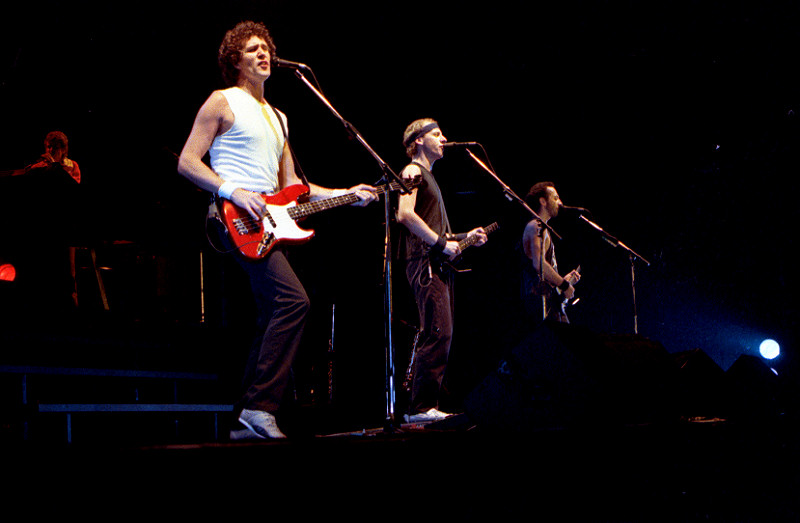Dire Straits: Echoes of Rebellion in an MTV World
Explore the journey of Dire Straits as icons of authenticity in an emerging visual era, questioning their role in music's commercialization.

In the late '70s, a time when the music industry began its metamorphosis into a visual spectacle, one band emerged from the shadows, wielding guitars like weapons against the looming conformity: Dire Straits. This was not just a band; it was a hush in the cacophony of the music scene—a whisper of rebellion and authenticity in an era poised on the precipice of commercialism.
The Unintended Icons
Born in the grit of 1977, Dire Straits was the sonic brainchild of Mark Knopfler, whose deft fingerstyle guitar spoke a language all its own. Their journey from underdog to phenomenon was an accident of grace. "Communiqué" and the raw honesty of their early sound laid the groundwork, but it was the serendipitous success of "Brothers in Arms" that thrust them onto the global stage. Here was an album that did not pander to the MTV magnates but instead carved out an anthem from authenticity. It was this very album, with its tales of "Money for Nothing" and the rhythmic soul of "Walk of Life," that became the reluctant darling of MTV.

A Video-Age Revolution
Let us pause and reflect—a music video that did not sell out but rather sold the truth. "Money for Nothing" was not a mere toe-tapping hit; it was a biting satire on the superficiality of the very machine that broadcast it. Dire Straits played the game, but on their own terms, leaving behind a cultural footprint on the burgeoning visual era—a time when a screen could suddenly dictate sound.

The Contradiction of Success
Dire Straits' unexpected journey into spotlight was not without irony. They were a lighthouse illuminating the chasm between soul and spectacle. Their rise signaled not a celebration of mainstream but a reminder of the real art buried beneath layers of polished glam. They were the necessary contradiction—a band that could stand in the blinding light of MTV and yet maintain the shadows of their beginnings.
Yet in doing so, Dire Straits inadvertently paved the way for the very wave of commercialization they initially stood apart from. Would the very success that granted them freedom also become the chains that bound future artists to a formulaic fate?

Reflections on a Lost Era
Dire Straits’ legacy is woven into the fabric of an industry now ensnared by algorithm over artistry. Their story is a resonant echo, a memory of when music was dangerous, when rebellion was not filtered through brand strategy. But in retrospect, did they also play the role of quiet contributors to the mechanization that followed?
We stand now at a crossroads, looking back with a nostalgic yearning for that raw, unfiltered spirit that Dire Straits personified—a yearning that knows rebellion and authenticity do not belong to the past; they are timeless.
In an age where pop culture is a parade of hollow echoes, we need reminders like Dire Straits. Not just to remember, but to reignite the real fire of rock—a fire that burns not just for fame, but for truth, emotion, and the unyielding spirit of rebellion. Or perhaps, to quietly question if the path they blazed was one of liberation or just another road to commercial cliché.




